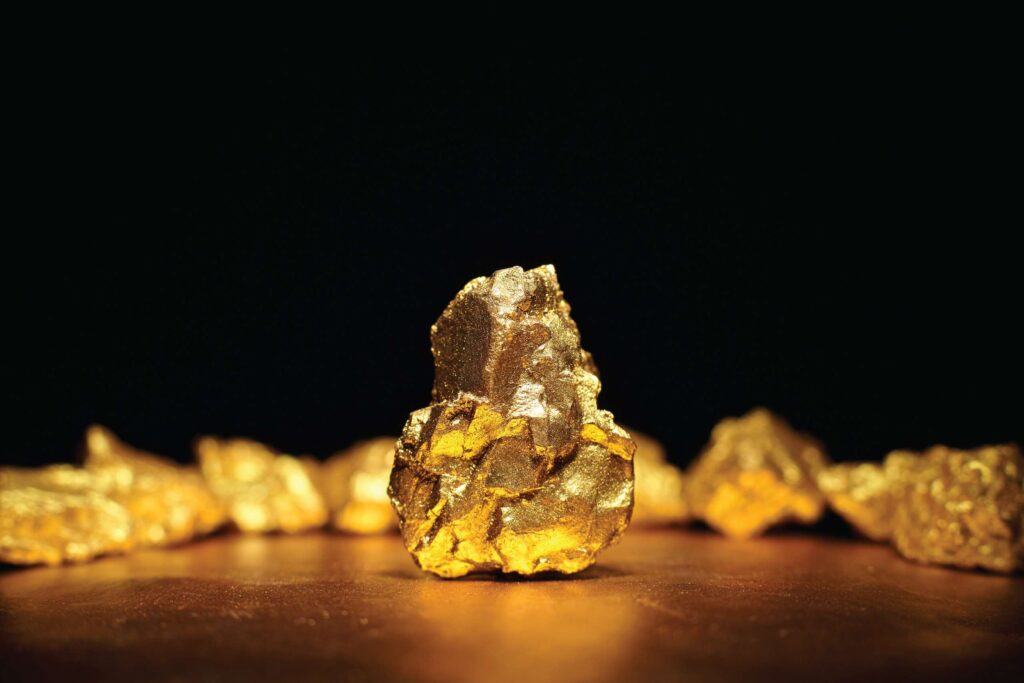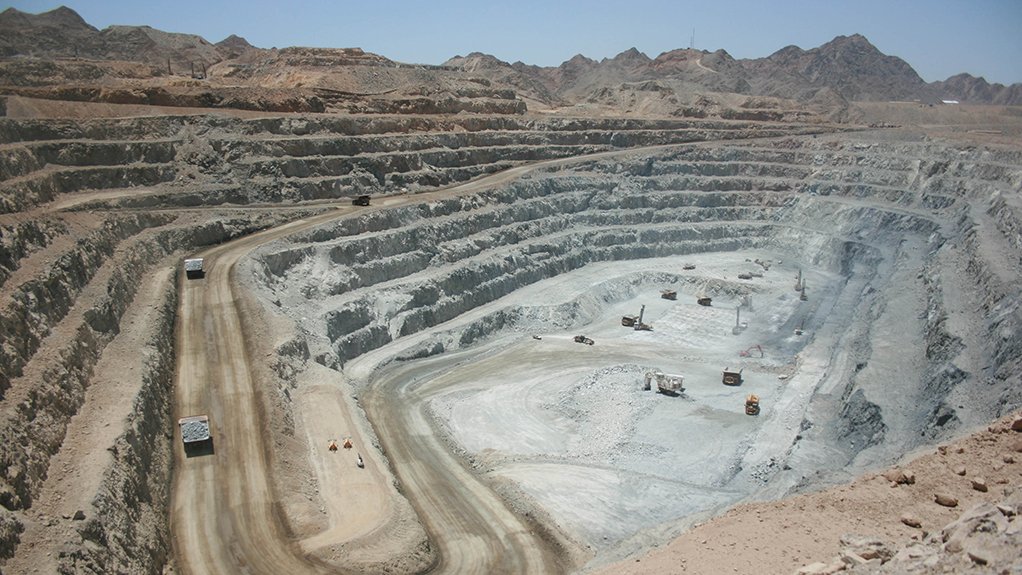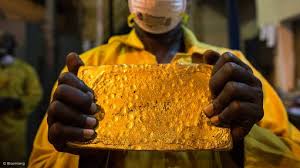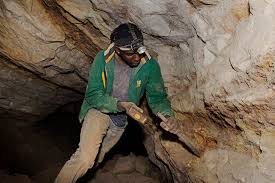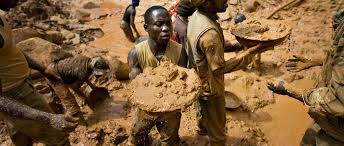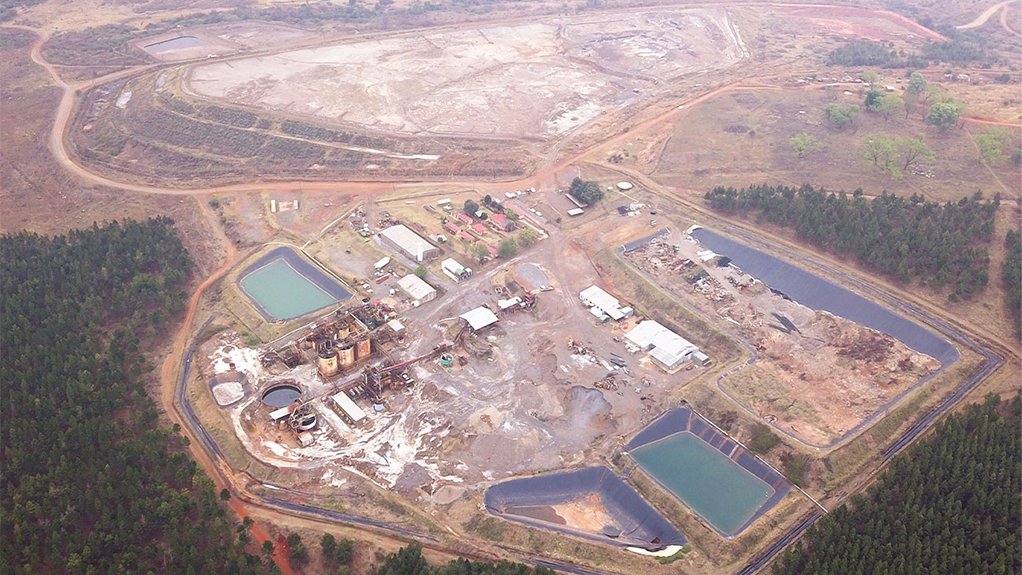Precious Metals

How Zimbabwean police protect illegal mining in Mutare River
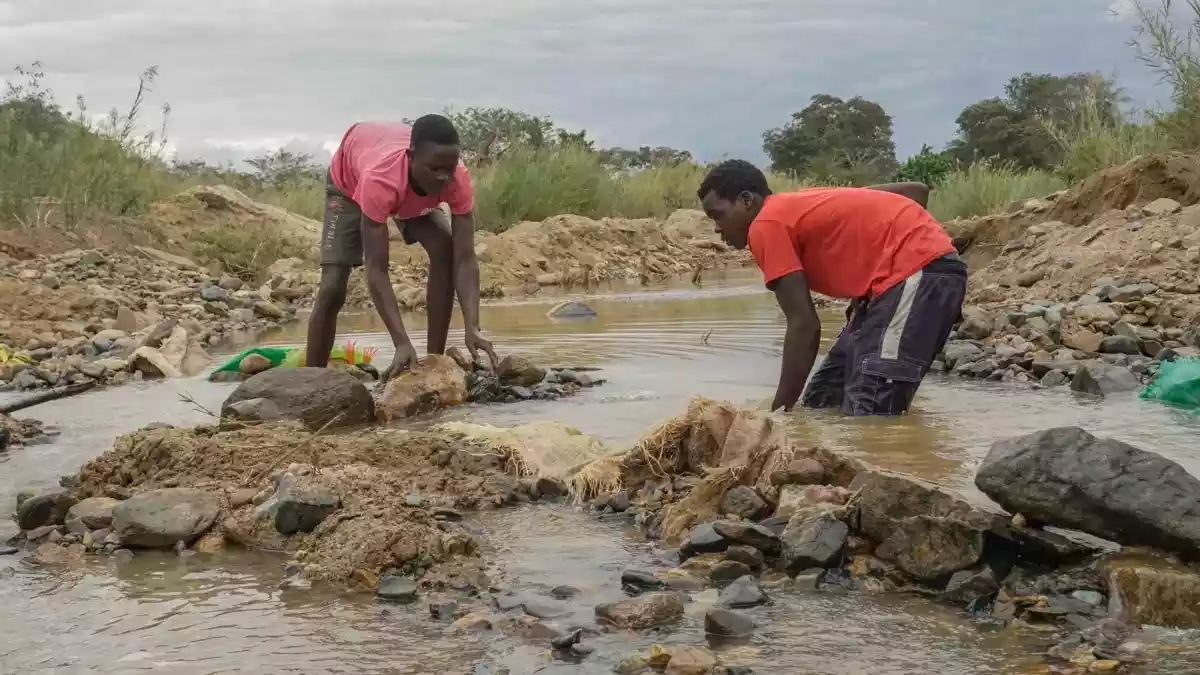
On a Tuesday morning in June 2025, a crew of ten men waded into the Mutare River in the Magetsi area of eastern Zimbabwe. They carried shovels and plastic basins to separate gold dust from the mud.
These men, like hundreds of others along the river, are unemployed and see this as their only escape from poverty. However, as of December 2024, alluvial mining has been outlawed in Zimbabwe to protect river ecosystems from severe erosion and pollution.
The miners use mercury to trap the gold; when burned off, the toxic chemical seeps into the ground and river. Downstream, the Mutare River has become toxic, harming communities that once relied on it for irrigation, livestock, and drinking.
Despite breaking the law and causing ecological damage, the miners do not fear arrest. They report being “registered” with the police officers tasked with patrolling the river. During a visit to the Magetsi site, a crew leader known as Tee was observed slipping a folded $5 note to a plainclothes officer. The transaction was casual and routine.
This is a common occurrence. Over three days in June and July, a reporter visited multiple mining sites along a 10km stretch of the river and consistently witnessed or heard accounts of such bribes. Miners explained that police officers, often using nicknames and wearing plain clothes, patrol regularly to collect fees. Crews pay between $5 and $20 per visit to avoid arrest and to receive tips about upcoming government raids.
The amended Environmental Management Act carries stiff penalties for alluvial mining, including fines of at least $5,000 or up to 12 months in prison. Enforcement, however, is failing. More than 20 miners and locals attributed this to police corruption, where officers extort protection money instead of making arrests.
Civil society organizations corroborated these accounts. Farai Maguwu, director of the Centre for Natural Resource Governance, stated that police often warn miners to disperse before official operations. When questioned, police spokesperson Paul Nyathi insisted the force has “zero tolerance” for corruption but deferred mining issues to other agencies. The Environmental Management Agency described enforcement as a “group responsibility.” Neither addressed the specific allegations of bribery.
The Mutare River, once a source of life, is now a corridor of silt and toxic waste. For the miners, however, the illegal activity is a choice born of economic desperation, a risk that outweighs concern for the environment or the law.
This report was produced by the Southern Africa Accountability Journalism Project. It was funded by the European Union but does not reflect the EU's official position.




